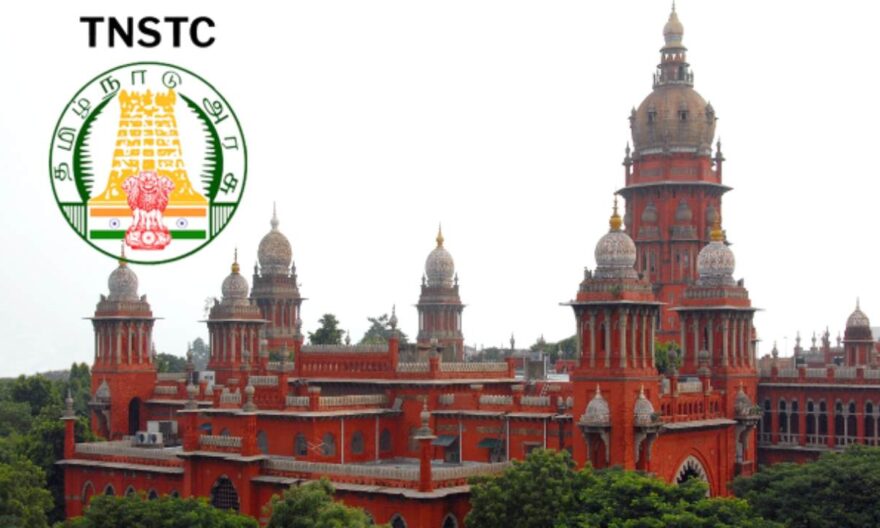
The Madras High Court recently issued a significant ruling, directing the Tamil Nadu State Transport Corporation (TNSTC) to reinstate bus conductor A. Ayyanar, who had been terminated from service in 2015.
The termination was based on allegations that Ayyanar had failed to issue a ticket to a woman passenger and had an excess of ₹7 in collected fares. However, in an order passed on June 23, Justice PB Balaji found the punishment imposed on Ayyanar to be “grossly disproportionate” to the offense and deeply troubling to the conscience of the Court.
The Court expressed surprise at the TNSTC’s decision to remove Ayyanar from service and emphasized that no malicious intent or malice could be attributed to charges involving such minor amounts, be it ₹7 or ₹2.
The Court acknowledged that the incident could have been the result of an inadvertent or unintentional act by Ayyanar. It concluded that the punishment imposed on him was highly excessive and shook the conscience of the Court.
Furthermore, the Court disapproved of the respondent corporation’s practice of referring to previously concluded proceedings when considering the latest charge against Ayyanar. Taking all these factors into account, the Court determined that Ayyanar was entitled to relief.
According to the order, Ayyanar had been working as a conductor with the TNSTC since 2007. In September 2015, he received a show cause notice regarding an alleged incident in August 2015. In October 2015, another show cause notice was issued, questioning why he should not be terminated from service. Ayyanar maintained that on the day in question, he had issued tickets to all passengers and believed that the woman passenger in question had likely misplaced her ticket and falsely blamed him.
Ayyanar argued that he had provided a detailed explanation in response to the allegations, but the respondent corporation terminated his employment by citing previous charges for which he had already been punished. In defense, the TNSTC contended that Ayyanar’s actions had caused financial loss to the corporation and that he had failed to fulfill his responsibilities as an employee. The TNSTC also asserted that it was justified in considering Ayyanar’s past conduct.
The Court, however, took exception to the TNSTC’s handling of the matter and concluded that Ayyanar may have made an unintentional mistake, which did not warrant termination. Consequently, the Court quashed the termination order and directed TNSTC to reinstate Ayyanar within six weeks, providing him with all the benefits he would have accrued during his period out of service.
This judgment by the Madras High Court highlights the importance of proportionality in disciplinary actions against employees and serves as a reminder that even minor infractions should not result in severe punishments that go against the principles of fairness and justice.




